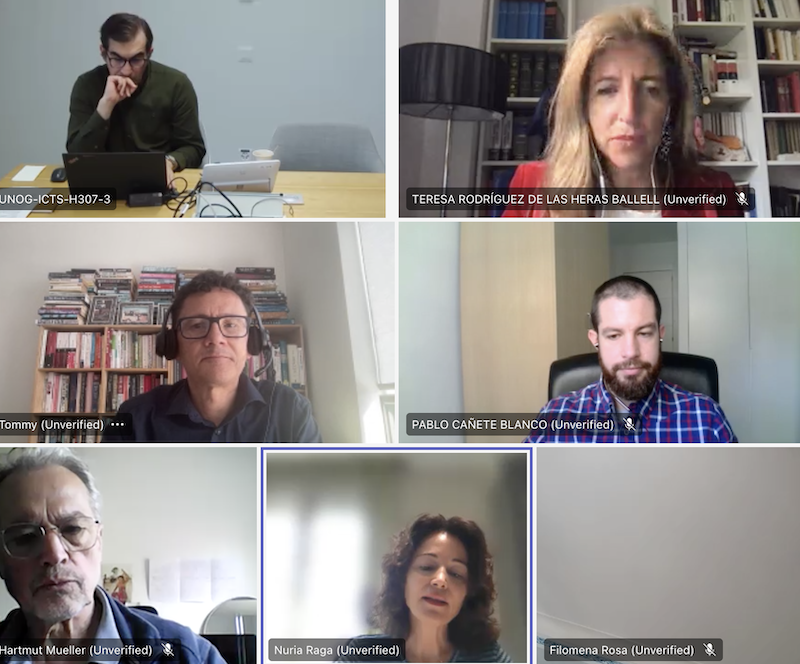Venue: Online (via Teams)
The webinar, organized by the UNECE Working Party on Land Administration (WPLA), follows a study on ecosystems and security in land administration. It explores the complex landscape shaped by global megatrends and sector-specific drivers, emphasizing the role of technology and digitalization in land administration. With the transition to digital formats, it is important to weigh the potential benefits against the inherent risks. These include considerations for data privacy, the impact on social stability, and the implications for sustainable development. The webinar aims to not only highlight these threats but also to minimize the risks and to propose measures to strengthen security in the digital landscape of land administration.
The webinar features a presentation from Charl-Thom H. Bayer, Senior Land Information Specialist at Land Portal Foundation focused on Opening up Land Administration Data for Improved Security.
The study conducted by the UNECE Working Party on Land Administration (WPLA) on ecosystems and security in land administration is investigating these two fundamental and interlinked pillars of land administration arrangements, which are increasing in complexity due to current global megatrends and sector-specific drivers.
Technology and digitalization are shaping every aspect of today’s world, serving as enablers for development and the modernization of both public and private sectors, including land administration.
Following the WPLA webinar on cybersecurity in land administration on the 22nd of February, Real Estate Market Advisory Group (REM) is contributing to the subject with this new webinar to continue exploring threats and feasible measures.
The transition from analog, paper-based land administration data to digital format undoubtedly brings benefits but also poses threats to data privacy, social and economic stability, and sustainable development. Digital storage offers significant advantages not achievable with paper storage.
However, unresolved issues such as grey areas, hybrid strategies, and the long-term conservation of accurate data during technology migrations persist. Additionally, factors like increased anonymity through social media, interconnections within smart cities, and the concentration of data storage in a few companies are emerging as critical cybersecurity concerns.
The webinar will address these threats and propose measures to minimize the risk and strengthen security.



